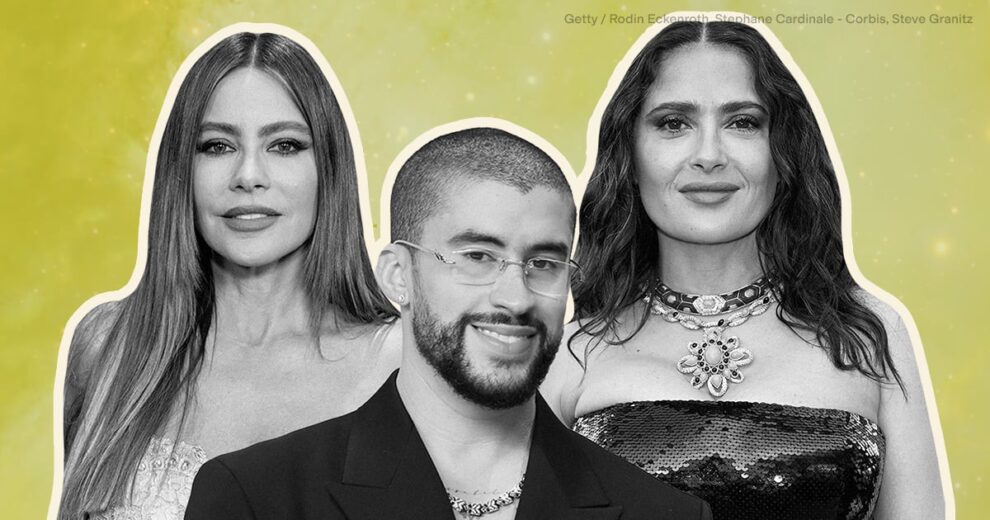In today’s world, the concept of identity can be complex and multifaceted, especially for those who belong to marginalized communities. As a modern-day Latine, I have often grappled with the idea of authenticity and how it relates to code-switching, or the practice of adjusting one’s language or behavior depending on the social context. This struggle with identity is not uncommon among many Latines, who have been historically pressured to conform to dominant cultural norms in order to succeed in various industries.
I recently experienced a moment of introspection when I listened to a voice note I had sent to a friend and found myself questioning the authenticity of my own voice. As someone who straddles the worlds of professionalism, academia, and personal relationships, I realized that I have developed multiple voices over the years, each tailored to different environments. This realization led me to reflect on the impact of code-switching on my sense of self and how it intersects with my Latinidad.
Thankfully, there has been a shift in recent years, with many prominent Latine celebrities rejecting the pressure to code-switch or “talk white” and embracing their authentic selves. This shift is partly driven by the global success of Latin music and entertainment, which has elevated the visibility of Latine culture on a larger scale. Artists like Bad Bunny and actors like Sofía Vergara have risen to international stardom without compromising their authenticity, challenging longstanding stereotypes and opening the door for more diverse representation.
Looking back at the early 2000s, when the idea of success for Latines in English-speaking markets seemed far-fetched, it is evident how far we have come in terms of cultural acceptance. Prominent figures like Marc Anthony, Ricky Martin, and Thalia once felt the need to release English-language crossover albums to cater to mainstream audiences, but today, the landscape is shifting towards celebrating diversity rather than assimilation.
As a modern-day Latine, I have come to embrace the different facets of my identity, including my various accents and linguistic abilities. I have learned that authenticity is not a monolithic concept and that being Latine encompasses a rich tapestry of experiences and expressions. Figures like Desi Arnaz, Salma Hayek, and John Leguizamo have paved the way for a more inclusive and authentic representation of Latines in the media, inspiring others to reclaim their voices and cultural heritage.
Ultimately, being Latine means navigating a diverse and ever-evolving identity landscape, where individuality and self-expression are celebrated. As we continue to break free from the confines of code-switching and embrace our true selves, we contribute to a more inclusive and representative portrayal of Latine culture in all its vibrancy and complexity.
Source link Popsugar/entertainment
































Add Comment